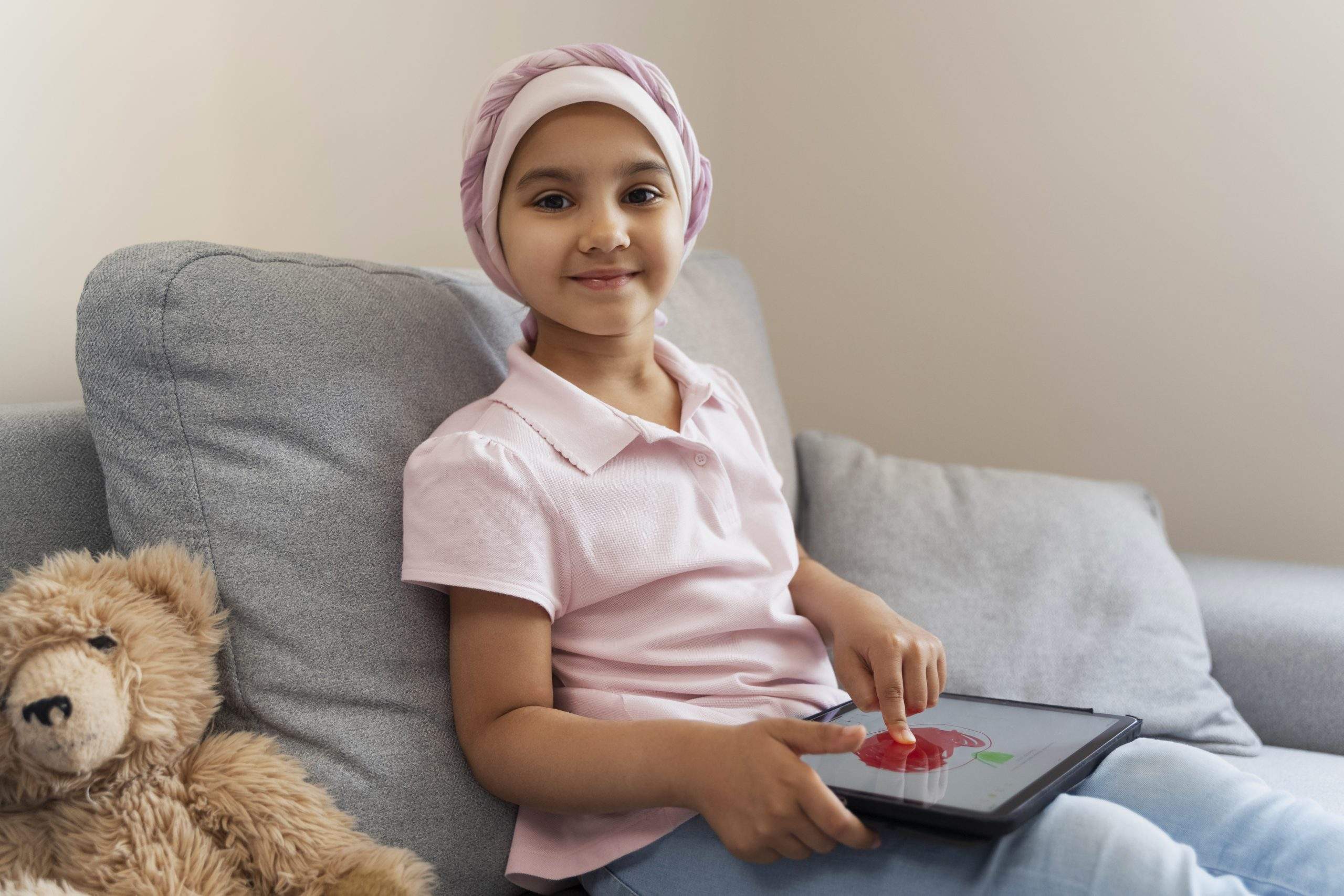Cancer as such, and especially in India is a social disease rather than a disease of a person. It not only impacts personal health but also various aspects of the entire family. So, understanding the cultural perspectives surrounding breast cancer in India plays a pivotal in devising effective awareness and intervention strategies. Here, I try to explore how cultural beliefs and attitudes impact awareness, prevention, and treatment-seeking behavior for breast cancer in our Indian context.
Deep-rooted Cultural Beliefs:
India is a culturally diverse nation with a multitude of beliefs and practices. Some communities attribute illnesses, including cancer, to spiritual or supernatural causes. This perspective can lead individuals to seek alternative forms of healing initially, such as consulting traditional healers or engaging in spiritual rituals. Understanding and respecting these beliefs are essential for creating effective awareness campaigns that resonate with diverse cultural backgrounds. Few people still see cancer as a social stigma, attributing wrongly and only to personal addictions.
Influence of Modesty and Privacy:
Cultural norms related to modesty and privacy can contribute to late-stage diagnoses. Women may be hesitant to discuss symptoms or undergo screenings due to societal norms regarding body privacy. Initiatives that respect and integrate cultural norms while promoting open discussions about breast health are crucial.
Impact of Gender Roles:
Traditional gender roles may also play a role in the delayed diagnosis of breast cancer. Women, often primary caregivers, may prioritize the health of family members over their own. Empowering women to prioritize their health, coupled with educating families about the importance of women’s well-being, can contribute to earlier detection.
Misconceptions about Breast Health:
Cultural misconceptions regarding breast health and anatomy can be barriers to early detection. Lack of knowledge about breast self-examinations and the significance of regular screenings can contribute to the late-stage diagnosis of breast cancer. Public health campaigns should focus on dispelling myths and providing accurate information.
Tailored made Awareness Campaigns – need of the hour:

To effectively address these cultural challenges, breast cancer awareness campaigns should be culturally sensitive and tailored to resonate with diverse communities. Collaborating with community leaders, influencers, and local healthcare providers can enhance the reach and impact of awareness initiatives. Involving a greater number of female health workers in screening and treatment may potentially alleviate few of these concerns.

Written by
Dr. UmaSankar Tantravahi,
Surgical Oncologist,
Mahatma Gandhi Cancer Hospital and Research Institute, Visakhapatnam












